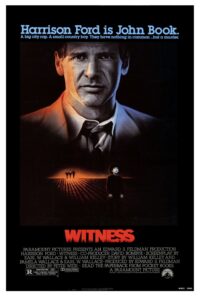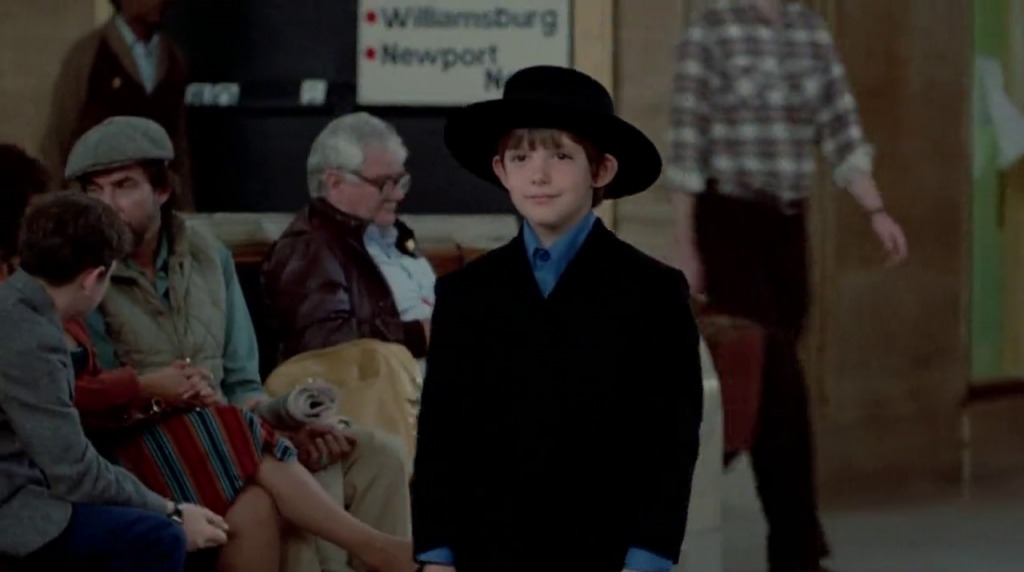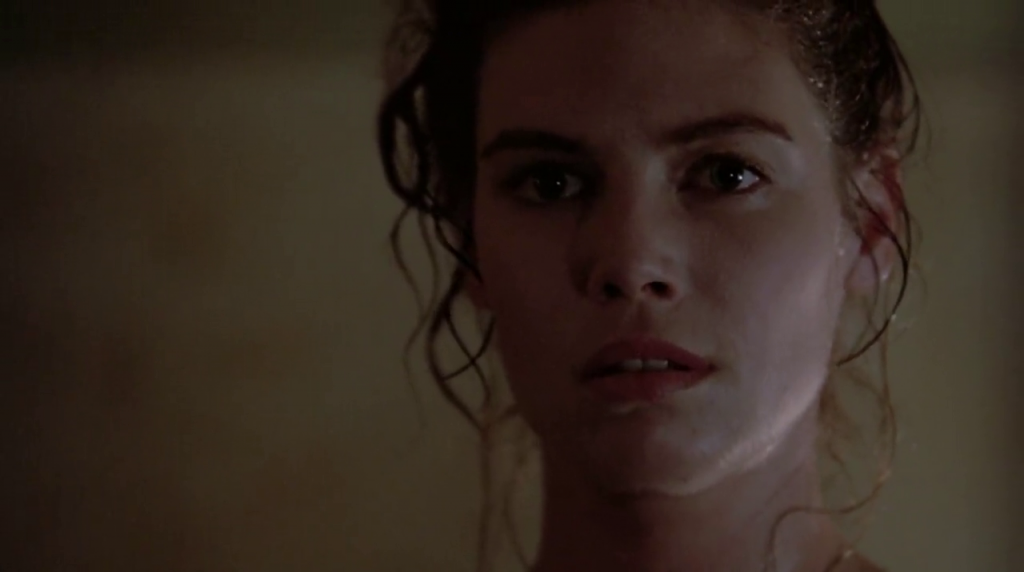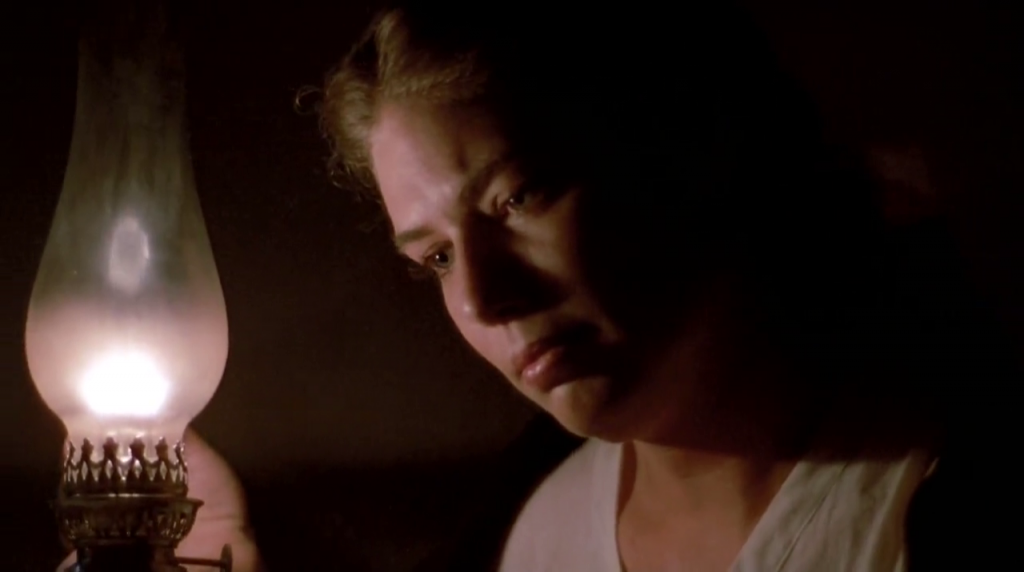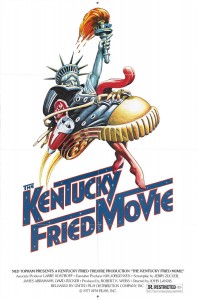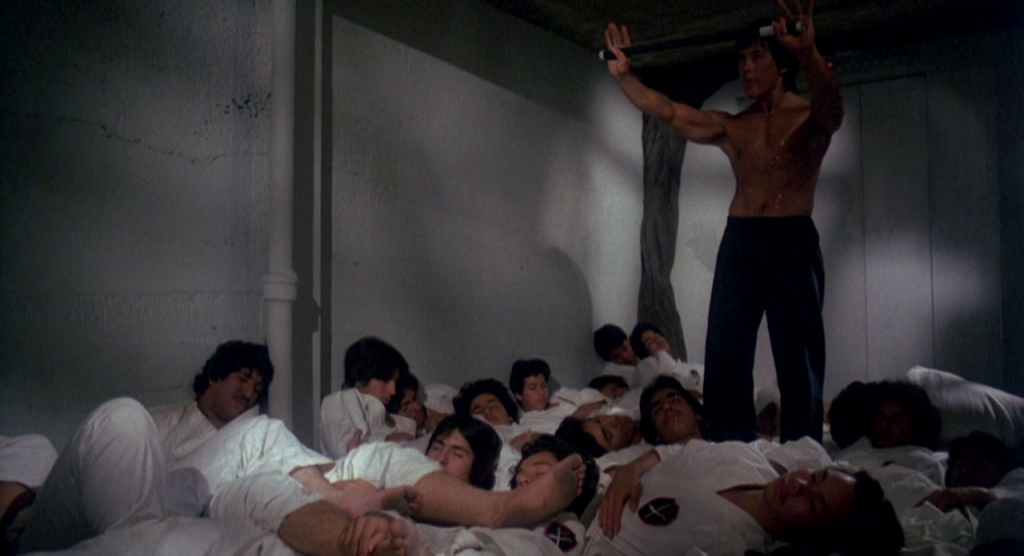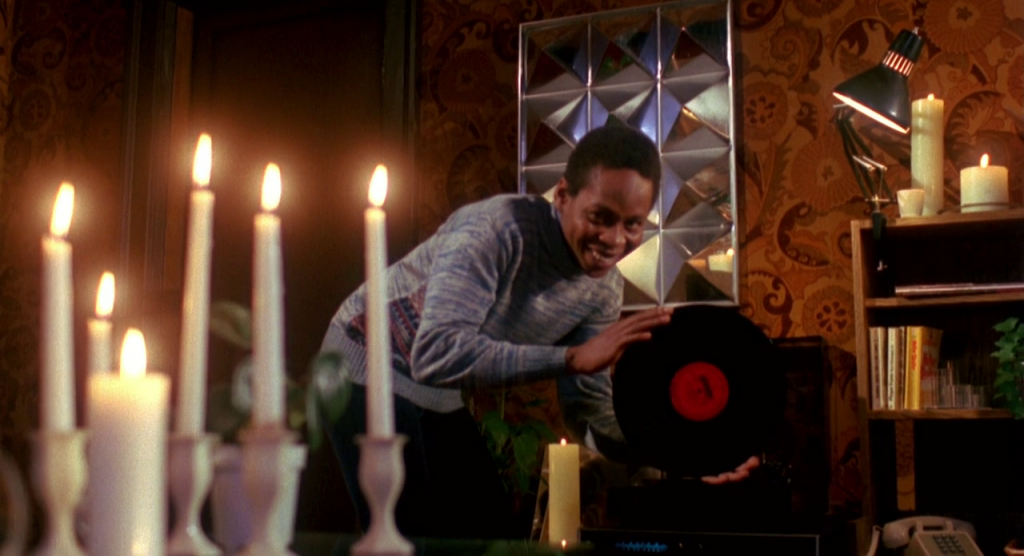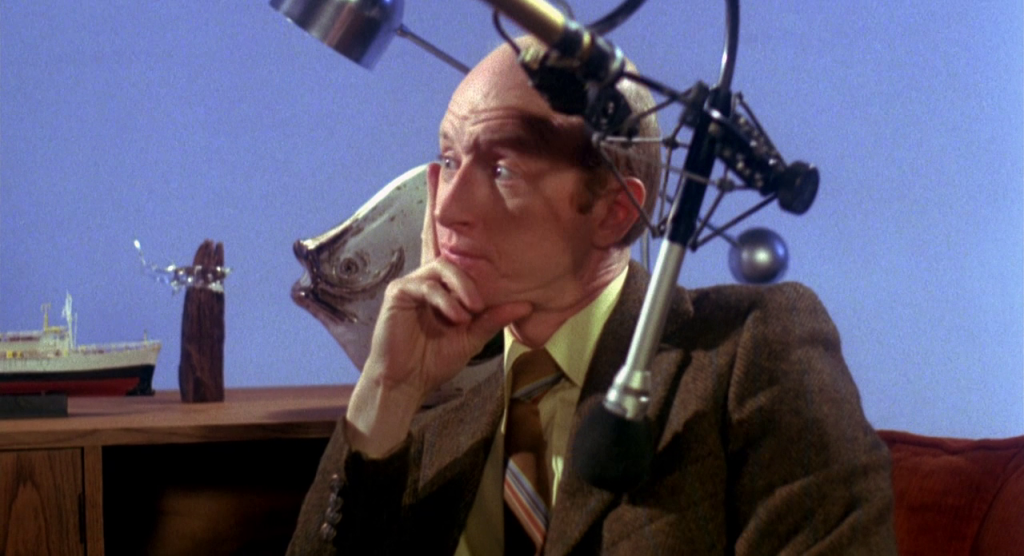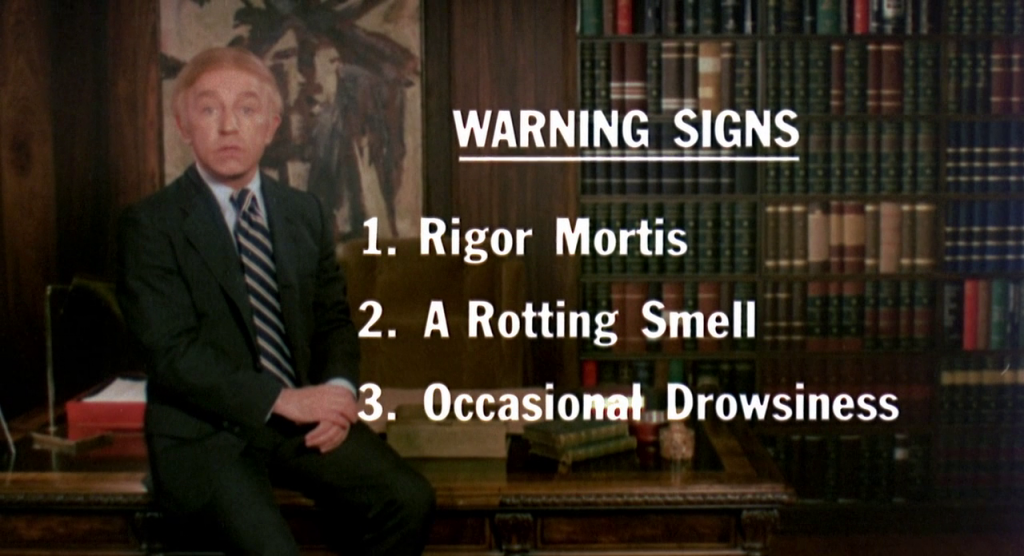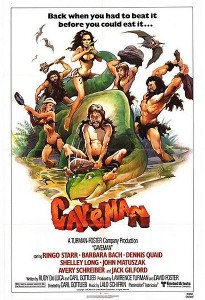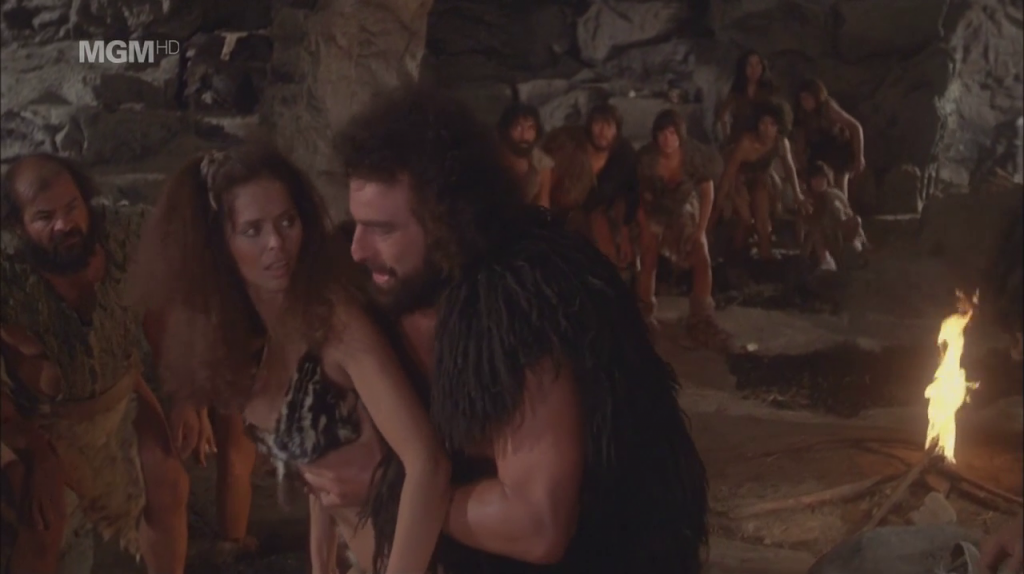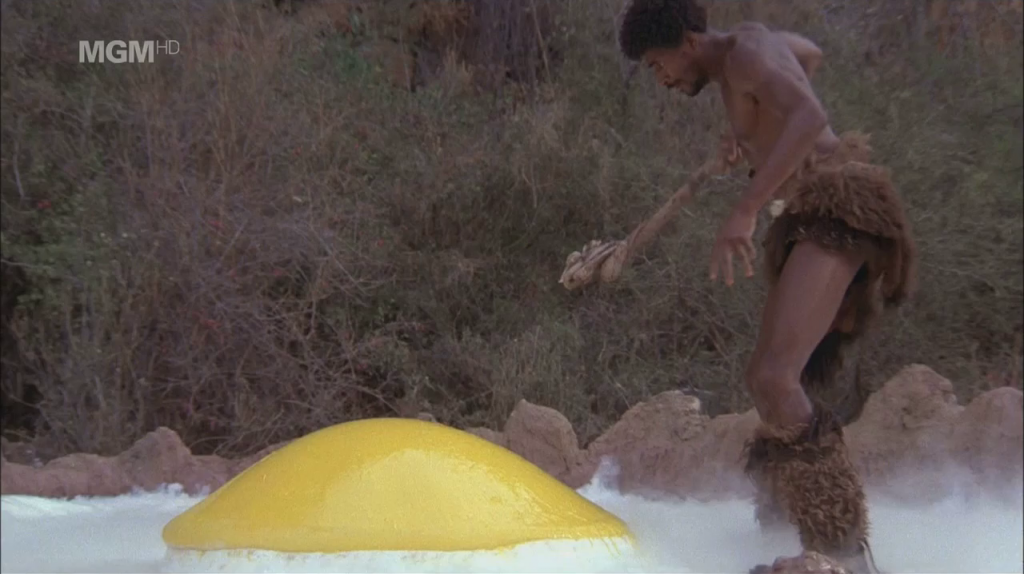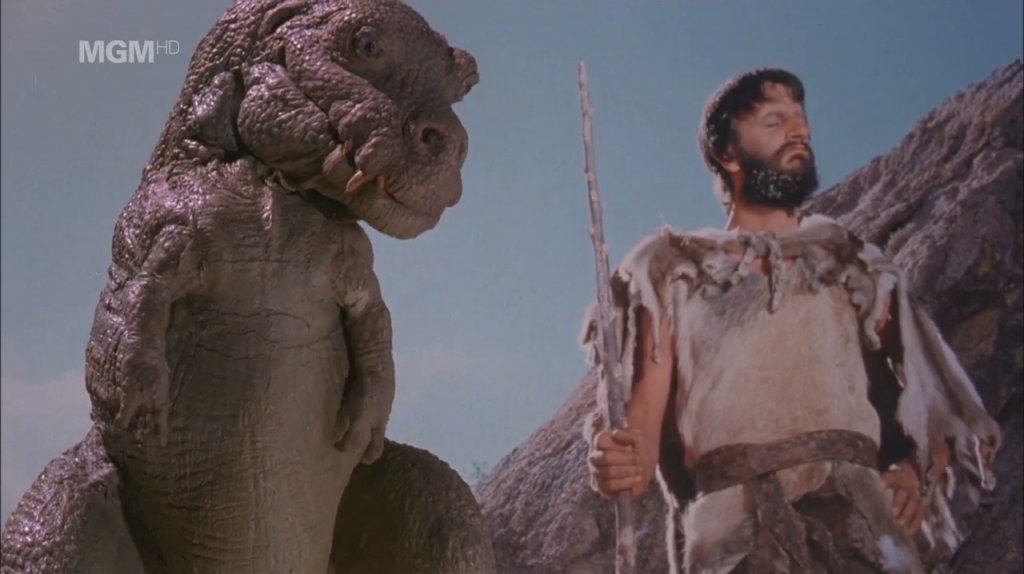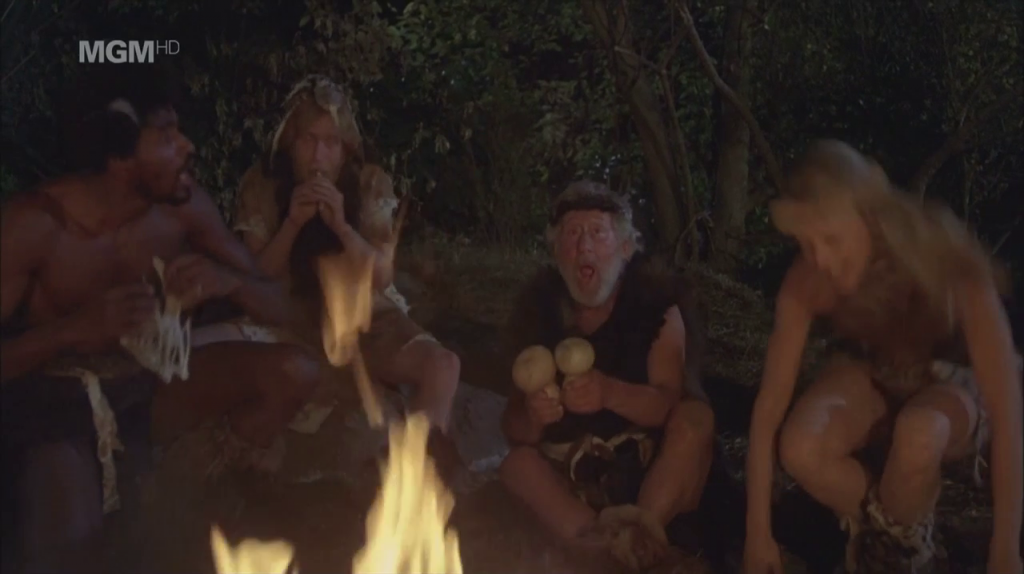Witness (1985)
“It’s not our way.”
|
Synopsis: |
|
Genres, Themes, Actors, and Directors:
Response to Peary’s Review: Peary further notes that “the major problem with the film is that it has trouble mixing commercial Hollywood elements with the mysterious elements that usually dominate Weir’s films”, specifically in its glorified emphasis on “violent action sequences” — though I believe this is intentional; indeed, Weir and “screenwriters Earl W. Wallace and Bill Kelley” seem to bank on audiences’ shock at the collision of these two radically different cultures (Amish country life and an urban homicide squad). Witness is ultimately a romantic thriller at heart — and my primary complaint is that its stock villains (sociopathically corrupt cops) are too predictably one-dimensional. However, what’s primarily at stake here are the lives of Haas and McGillis — and to that end, the film cleverly keeps us in suspense, all while bathing our senses in a uniquely pastoral late-20th-century setting. Redeeming Qualities and Moments:
Must See? Categories
Links: |
